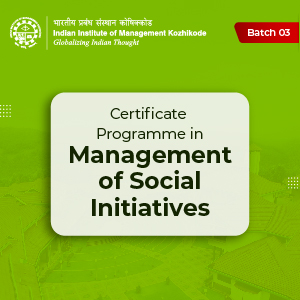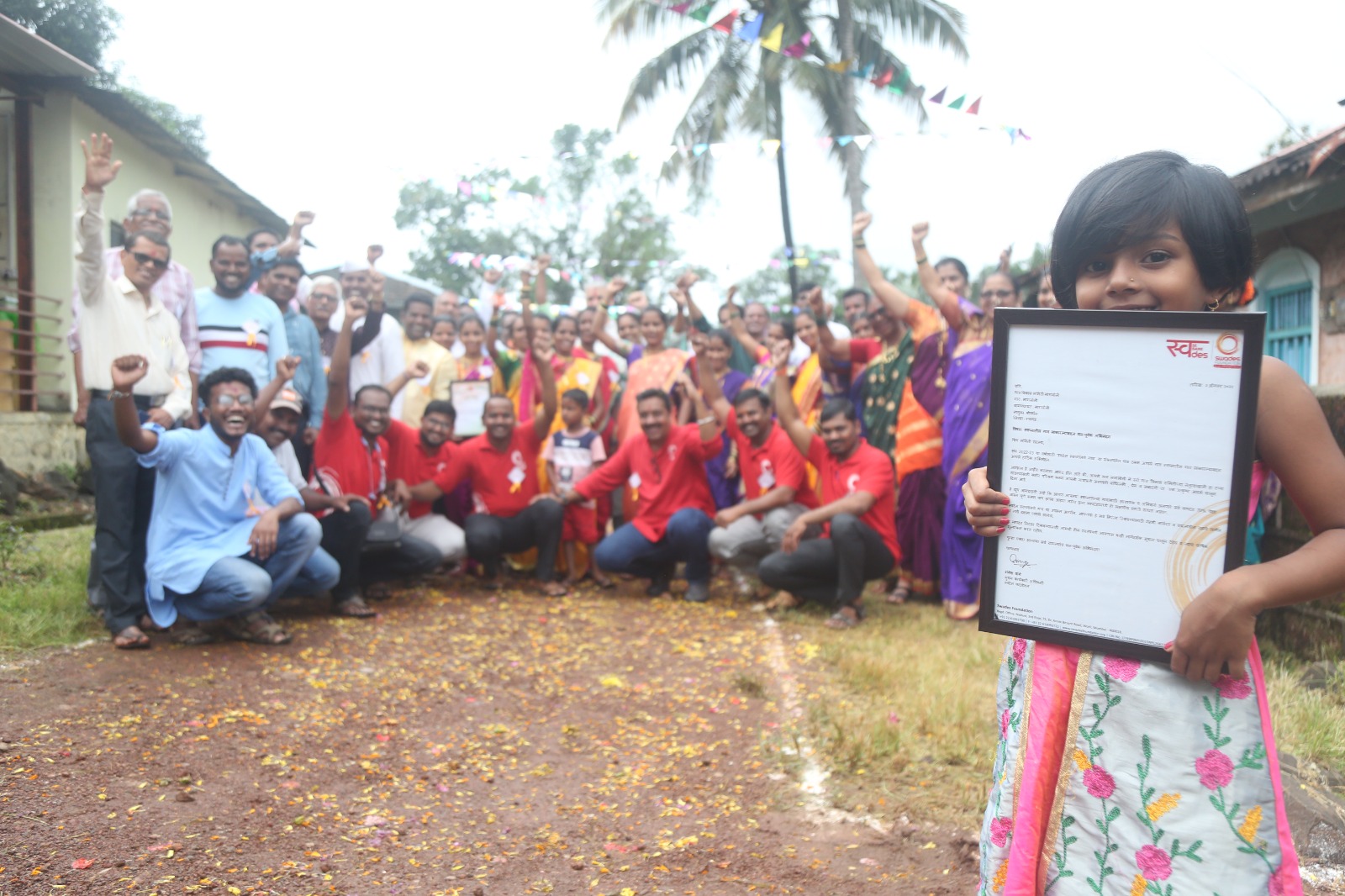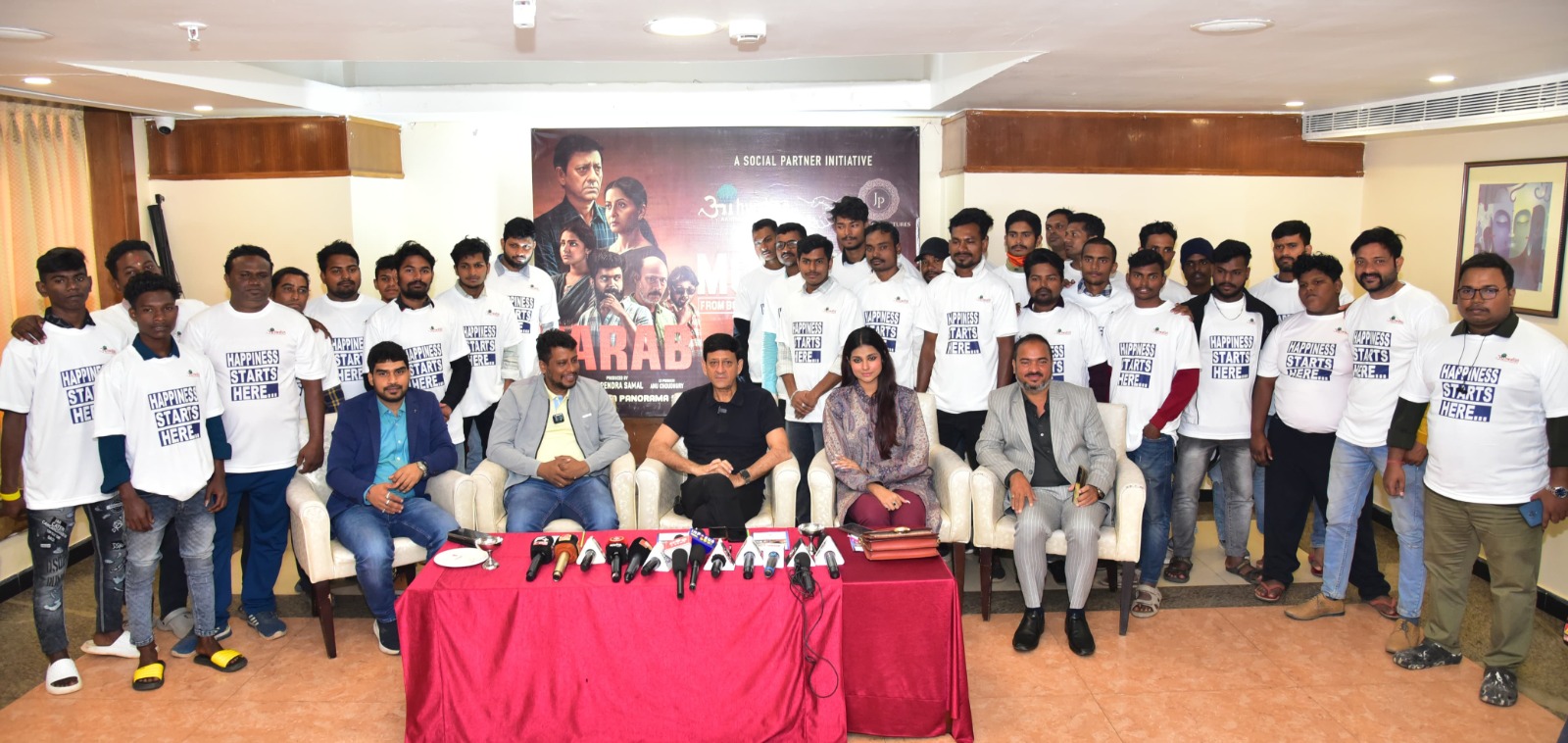Subscribe our Weekly Newsletter
Applications Invited for Post-discharge malaria chemoprevention

Organization: Unitaid
Apply By: 04 Nov 2024
About the Organization
Millions of people in low- and middle-income countries are dying every year from preventable, treatable diseases because they can’t access the lifesaving health products they need. Unitaid was created to address this inequality.
We save lives by making new health products available and affordable for people in low- and middle-income countries. We work with partners to identify innovative treatments, tests and tools, help tackle the market barriers that are holding them back, and get them to the people who need them most – fast.
Since we were created in 2006, we have unlocked access to more than 100 groundbreaking health products to help address the world’s biggest health challenges, including HIV, TB, and malaria; women’s and children’s health; and pandemic prevention, preparedness and response. Every year, more than 300 million people benefit from the products we’ve helped roll out.
About the Grant
Under this Call, Unitaid is soliciting proposals for the following intervention, aimed at accelerating implementation and generating evidence to catalyse the adoption and scale-up of PDMC to address the burden of childhood anaemia and malaria:
Multi-country implementation of PDMC with robust evidence generation that responds to key knowledge gaps to inform future guidance and accelerate uptake.
Projects should include implementation projects, delivered in diverse representative settings, to generate robust, transferable evidence on the impact, operationalization, and cost/cost-effectiveness of PDMC delivery – with a vision to informing national scale-up.
These strategies should be tailored to specific country contexts, including sub-national approaches and different delivery platforms (such as community health worker or facility-based delivery approaches). Projects will need to assess key barriers to PDMC delivery and implement activities that establish an enabling environment to support PDMC uptake – including supporting supply chains, human resources, national guideline updates, and pathways to scale.
Evidence generation through the projects should seek to respond to research needs identified by WHO and country implementers, such as, at-scale adherence using different delivery approaches, optimal coordination mechanisms, long-term impact, effectiveness of PDMC in different target groups (such as those presenting to hospital for causes other than severe anaemia) and for different intervention durations in different contexts, and cost of different delivery approaches.
Strategies should include assessment of PDMC feasibility in settings that are implementing other malaria prevention and strategies. Integration with other childhood health strategies, such as holistic management of severe anaemia of different causes, use of multiple micronutrient or iron supplementation, and nutritional or bacterial infection prevention interventions could also be considered.
Strong proposals will demonstrate early coordination with multi-disciplinary national programs, regional bodies, civil society, and global partners. Efforts should be made to secure buy-in and funding for transition to scale through the life of the project.
Proposal requirements:
Proponents should clearly describe their overall project design with a Theory of Change, showing how it meets the objectives of the initiative and how the proposed activities form part of a coherent whole. Proposals should explicitly state what impact will be achieved within the project lifetime, as well as what, and how, lasting impact will be achieved.
The proponent should clearly demonstrate strong expertise in the intervention areas needed to undertake the project, including the implementation of large-scale multi-country projects of this nature, and robust evidence generation. Broad collaboration with relevant stakeholders will be vital to achieving the project objectives, including effective coordination mechanisms and well-articulated partnerships. Proponents should clarify the key stakeholders with whom they will engage, and how this will be achieved. It is important to include a country engagement model that outlines coordination and cooperation with countries in decision making around tailoring the design of elimination programs, monitoring introduction, and assessing impact. By actively involving government stakeholders in all phases of planning and implementation, projects will gain valuable insights into local contexts, policy frameworks, and stakeholder priorities. This collaboration will lead to more informed and effective project design, increased buy-in from government partners, and greater sustainability of project outcomes beyond the grant funding period.
Applicants should be clear about the underlying assumptions made in their proposed approach and should highlight any major risks or other factors that may affect the delivery of results. Finally, proposals are expected to outline a lean, concrete, and clear pathway to results and impact.
Additional information:
Unitaid considers working with communities a critical part of generating demand and strongly encourages adopting inclusive approaches, and the early and continued meaningful engagement of communities towards improving the lives and health of the most vulnerable people. The role of affected communities and planned collaborations with other relevant groups including grassroots community organizations and Civil Society Organizations at all stages of a project/programme including ideation is essential, with this engagement a key determinant for success. Activities should be clearly budgeted in proposal submissions. Community-led approaches are important to consider and adequately fund and resource when designing, planning, implementing, and evaluating activities and programmes.
Unitaid will prioritize proposals from South-based lead implementers with experience in implementation and expertise in the technical and market intervention areas needed for the project. Additionally, Unitaid supports the meaningful inclusion of South-based sub-implementers, where feasible and relevant, in proposed project implementation consortia. Unitaid’s objective of progressively engaging an increased number of lead implementing partners from the global South does not preclude proposals that are led by or including partners from the global North. In all cases, we encourage coordination and collaboration across implementors and seek proposals with regional impact across key low- and middle-income countries’ markets and a clear path to global impact.
Unitaid is committed to climate and environmental action in its investments and expects its partners to make similar commitments. Proposals should clearly indicate: (i) Efforts that will be made to minimize carbon emissions from project activities; (ii) Potential opportunities to contribute to broader climate and/or environmental co-benefits, in synergy with core project objectives. More detailed guidance and definitions are provided in the proposal template.
Proposals should demonstrate value for money and measurable impact. Proposals should also include analysis of pathways to impact, scalability, and sustainability of key interventions.
Single-country interventions are out of scope for this Call for Proposals.
How to Apply
When developing a proposal, please note the following resources:
Answers to frequently asked questions relevant to proposal development (this document is regularly updated), please click here [PDF: 500 KB];
Applicants should be clear about the underlying assumptions made in their proposed approach and should highlight any major risks or other factors that may affect the delivery of results. Finally, proposals are expected to outline a lean, concrete, and clear pathway to results and impact.
After assessment of the proposals and endorsement by the Unitaid Board all applicants will be officially notified as to whether they will be invited to develop a full grant agreement for Unitaid funding.
The closing date for receipt of full proposals is Monday 4 November 2024 at 12:00 (noon) CET. Applications received past the indicated deadline will not be considered.
For more information please check the Link
Latest Online Store
Latest Tenders And EOIs
Latest News
© Renalysis Consultants Pvt Ltd

.png)













.png)










.jpg)